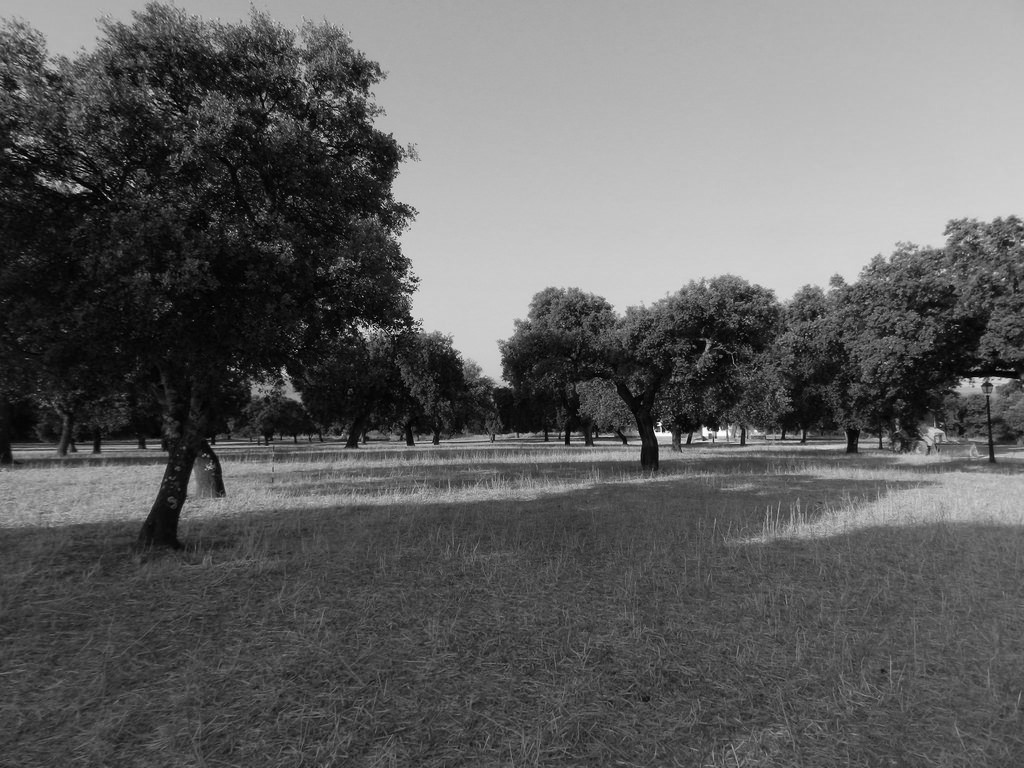Poetry Feature: Mass Graves
Mass Graves
Corpses have no memory.
Though each moment they relive
the fateful day of their execution.
Corpses have no memory.
Though they get an occasional, terrifying
glimpse of the face of their executioner.
Corpses have no memory.
And yet, over and over again,
they remember a finger on the trigger.
Corpses have no memory.
But perhaps they still see
a bullet flash leaving the barrel of a gun.
Corpses have no memory.
But you can still hear gunshots
shattering the silence of the fields.
Corpses have no memory.
But even today they may feel
the obscene impact against their body.
Corpses have no memory.
Yet they might still be aware
of their last breath on the sand.
Corpses have no memory.
And no one remembers the terrified face,
smashed into the ground, of young death.
Corpses have no memory.
Solitude, sorrow, injustice
are cold sparks that shine from their eyes.
Corpses have no memory.
They will never feel the hand of love
caress their crumpled body.
Corpses have no memory.
A cloak of oblivion shrouds them
as they lie slowly rotting under the earth.
Corpses have no memory.
And from the chambers of justice they tell us
—before and always—that nothing happened here.
Corpses have no memory.
The children of the children of their children choose
not to disturb the false peace in which their ancestors lie.
Corpses have no memory.
They will never mistake
vengeance for humanity.
Corpses have no memory.
No memory.
No memory.
—Víctor Jiménez Jódar
(Translation by Anthony L. Geist)
Víctor Jiménez Jódar teaches high school in a gypsy ghetto in Motril (Granada), Spain. He worked his way through college as a fisherman. He has written several books of poetry that remain unpublished.
“Mass Graves” is based on an execution of Republican sympathizers that took place in Motril in 1949. The bodies buried in the mass grave outside the town on the coast of Granada are part of the 114,000 victims of Franco regime repression that still lie unidentified in Spain today.













